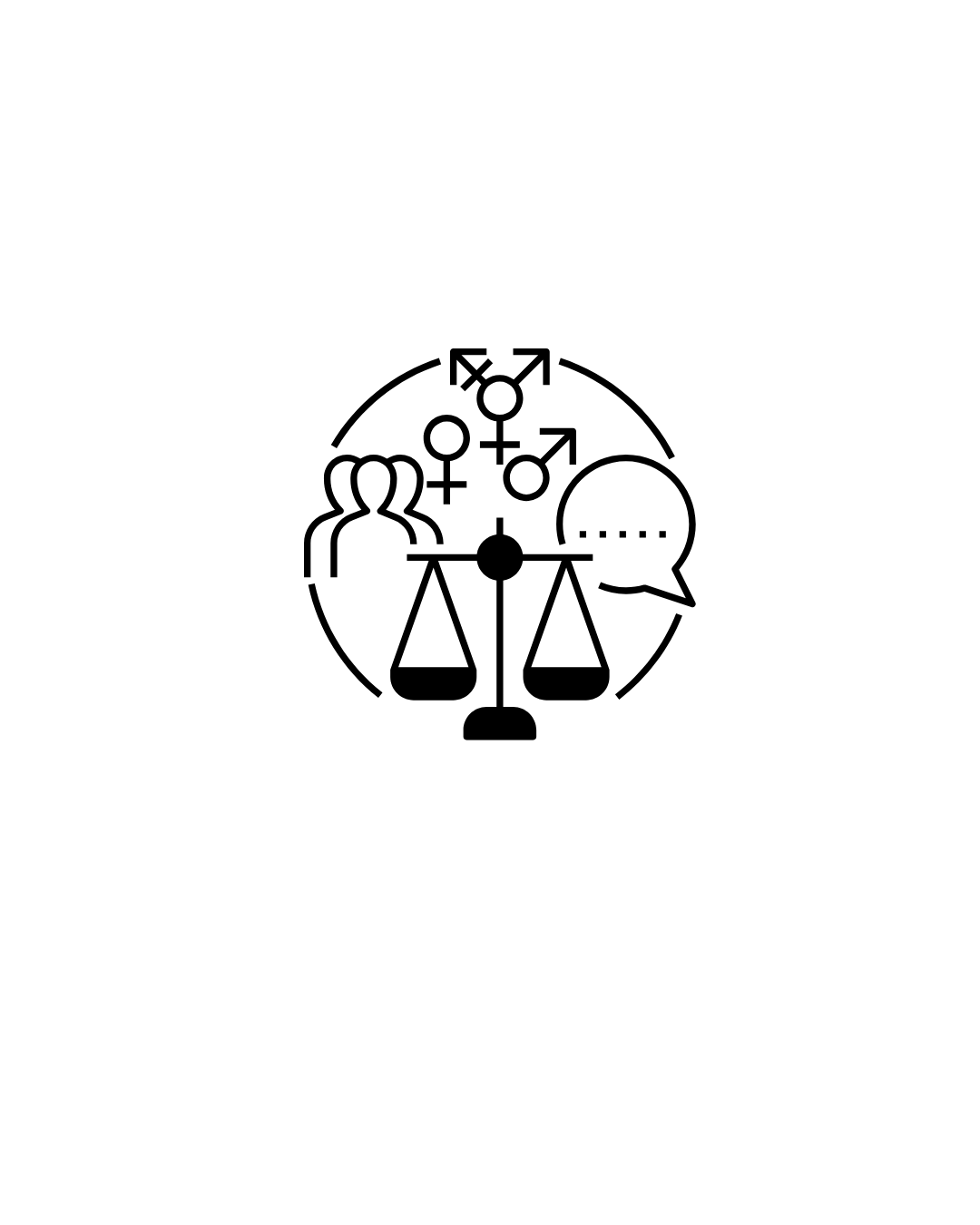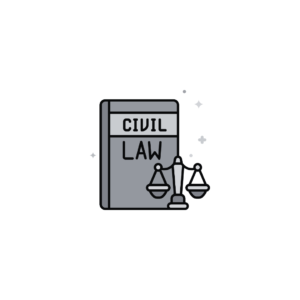Description
Overview of Post Graduate Diploma in Human Rights Law
A Post Graduate Diploma in Human Rights Law is designed to provide students with a comprehensive understanding of the principles, practices, and legal frameworks that protect human rights at both national and international levels. This field is increasingly important as global awareness of human rights issues grows, and the demand for skilled professionals who can advocate and protect these rights continues to rise.
Curriculum of Post Graduate Diploma in Human Rights Law
While the specific curriculum may vary by institution, a typical Post Graduate Diploma in Human Rights Law generally includes the following core subjects:
Introduction to Human Rights Law
Overview of human rights concepts, definitions, and historical development.
Examination of the international human rights framework.
International Human Rights Instruments
Study of key treaties and conventions, such as the Universal Declaration of Human Rights, International Covenant on Civil and Political Rights (ICCPR), and International Covenant on Economic, Social and Cultural Rights (ICESCR).
Analysis of regional human rights instruments (e.g., European Convention on Human Rights, African Charter on Human and Peoples’ Rights).
National Human Rights Framework
Understanding the incorporation and enforcement of human rights in domestic legal systems.
Examination of constitutional provisions and domestic laws protecting human rights.
Human Rights Violations and Accountability
Types of violations (e.g., torture, discrimination, freedom of expression).
Mechanisms for accountability, including international tribunals and human rights courts.
Human Rights and Development
Exploration of the relationship between human rights, development, and globalization.
Discussion on the impact of development policies on human rights.
Rights of Specific Groups
Examination of the rights of marginalized groups, including women, children, refugees, indigenous peoples, and persons with disabilities.
Strategies for advocacy and protection of vulnerable populations.
Human Rights Advocacy and NGOs
Role of non-governmental organizations (NGOs) and civil society in advancing human rights.
Skills for effective advocacy, lobbying, and public engagement.
Contemporary Issues in Human Rights
Exploration of current challenges and trends in the field, such as digital rights, environmental justice, and the impact of armed conflicts on human rights.
Human Rights Research and Writing
Development of research skills specific to human rights law.
Training on legal drafting, report writing, and presentation skills.
Internship/Practical Experience
Opportunities for internships with human rights organizations, legal aid clinics, or governmental bodies to gain hands-on experience.
Career Opportunities After Completing PG Diploma in Human Rights Law
Graduates with a Post Graduate Diploma in Human Rights Law can explore various career paths, including:
Human Rights Lawyer
Practicing law to advocate for individuals or groups whose rights have been violated.
Legal Advisor for NGOs
Providing legal advice and support to non-profit organizations focused on human rights advocacy.
Policy Analyst
Analyzing laws and policies to assess their impact on human rights, often working for government agencies or think tanks.
Human Rights Investigator
Conducting investigations into human rights abuses and gathering evidence for legal actions or reports.
Compliance Officer for Human Rights
Ensuring that organizations within various sectors comply with human rights laws and standards.
Human Rights Educator
Teaching courses on human rights law in universities, colleges, or community education programs.
International Organizations Staff
Working with entities like the United Nations, Amnesty International, or Human Rights Watch to advocate for global human rights standards.
Researcher in Human Rights
Conducting academic or policy research on human rights issues, often published in scholarly journals or reports.
Advocacy Coordinator
Developing and implementing advocacy strategies for human rights organizations to promote awareness and effect change.
Consultant on Human Rights Issues
Offering expertise to businesses or organizations on human rights impacts and compliance.
Conclusion
A Post Graduate Diploma in Human Rights Law equips students with the knowledge and skills necessary to navigate the complexities of human rights in today’s world. This program is ideal for anyone interested in making a meaningful impact on individuals’ rights and social justice. If you have specific inquiries about institutions offering this diploma, admission requirements, or further career guidance, feel free to ask!









